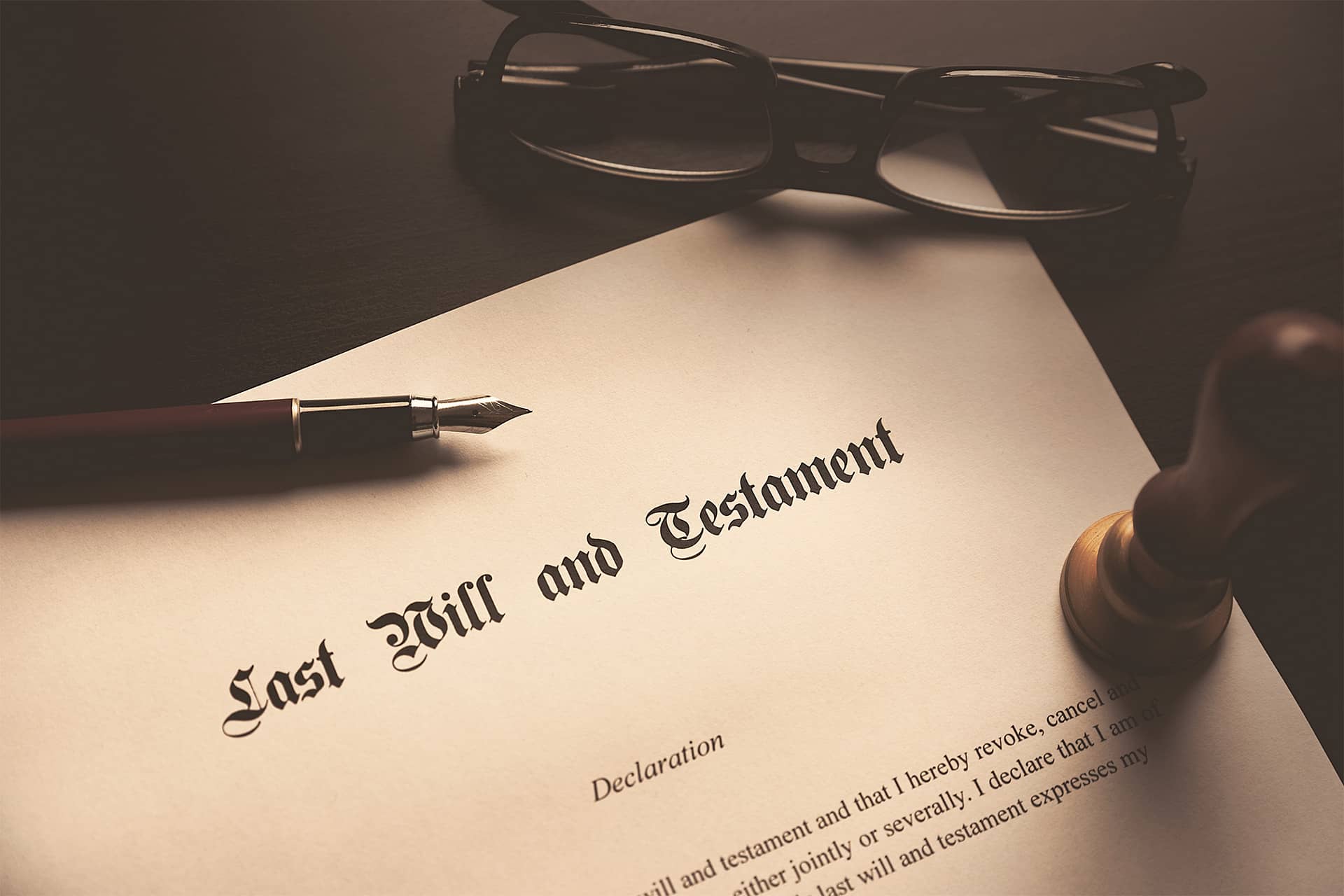Can an Executor Decide Who Gets What? The Limits of Executor Power in Texas

When a loved one passes away, the process of settling their estate can be complex and emotional. One question that often arises is, “Can an executor decide who gets what?” This is a crucial question, especially in Texas, where specific laws govern the probate process and an executor’s responsibilities.
In general, an executor in Texas cannot decide who gets what from an estate. Their primary duty is to follow the instructions in the will or, if there is no will, to adhere to Texas intestacy laws. However, there are some situations where an executor may have limited discretion.
What Does an Executor Do in Texas?
Before we explore an executor’s decision-making abilities, it’s important to understand their role. In Texas, an executor, also known as a personal representative, is responsible for:
- Gathering and protecting the deceased person’s assets
- Paying debts and taxes owed by the estate
- Distributing the remaining assets to beneficiaries as directed by the will or state law
The Will is the Guiding Document
In Texas, if there is a valid will, it serves as the primary guide for asset distribution. The executor’s job is to carry out the instructions in the will, not to make independent decisions about who gets what.
For example, if the will states that “my vintage car collection should go to my son John,” the executor must ensure that John receives the cars. The executor cannot decide to give the cars to someone else, even if they believe it would be a better choice.
When There’s No Will: Texas Intestacy Laws
If someone dies without a will in Texas (known as dying “intestate”), the executor doesn’t get to decide who inherits. Instead, they must follow Texas intestacy laws, which specify how assets are distributed based on family relationships.
For instance, if a married person dies without a will in Texas, their community property generally goes to the surviving spouse. Separate property is divided between the spouse and children according to specific rules set by state law.
Situations Where Executors May Have Some Discretion
While executors generally can’t decide who gets what, there are some situations where they may have limited discretion:
- Personal Property Distribution: Some wills include provisions allowing the executor to distribute personal items (like furniture, jewelry, or sentimental objects) according to the deceased’s known wishes or family agreements.
- Interpreting Vague Instructions: If a will’s instructions are unclear, the executor may need to interpret them. However, if there’s significant ambiguity, they should seek court guidance to avoid potential disputes.
- Selling Assets: In some cases, an executor may need to sell assets to pay debts or taxes. They have discretion in how to conduct these sales, but must act in the estate’s best interests.
- Resolving Disputes: Executors may mediate disagreements among beneficiaries, but they can’t unilaterally change the will’s terms to resolve conflicts.
The Executor’s Fiduciary Duty
It’s crucial to understand that executors in Texas have a fiduciary duty to act in the best interests of the estate and its beneficiaries. This means they must:
- Follow the will’s instructions or intestacy laws
- Manage the estate’s assets responsibly
- Avoid conflicts of interest
- Keep accurate records
- Treat all beneficiaries fairly
Failing to uphold this duty can lead to legal consequences, including removal as executor and potential lawsuits.
What If an Executor Oversteps Their Authority?
If beneficiaries believe an executor is making unauthorized decisions about asset distribution, they have options under Texas law:
- Communication: Often, issues can be resolved through open dialogue with the executor.
- Legal Counsel: Beneficiaries can consult with a probate attorney to understand their rights and options.
- Court Intervention: If necessary, beneficiaries can petition the probate court to review the executor’s actions or even request their removal.
Choosing the Right Executor
Given the limitations on an executor’s decision-making power, it’s crucial to choose the right person for this role when creating your will.
Consider someone who is:
- Trustworthy and responsible
- Good at following instructions
- Organized and detail-oriented
- Able to handle potential family conflicts
- Willing to seek professional help when needed
Remember, the executor’s job is to carry out your wishes, not to remake decisions you’ve already made in your will.
The Importance of a Clear, Well-Drafted Will
The best way to ensure your assets are distributed according to your wishes is to have a clear, well-drafted will. This leaves less room for interpretation and reduces the chances of disputes among beneficiaries.
A properly drafted will should:
- Clearly identify beneficiaries
- Specifically describe assets and who should receive them
- Provide instructions for any special circumstances
- Name a trusted executor and an alternate
When to Seek Professional Help
The probate process in Texas can get complicated, whether you’re creating a will, serving as an executor, or a beneficiary with concerns. At The Cleverly Law Firm, we work with Texans to create comprehensive estate plans and guide executors through the probate process.
If you’re an executor unsure about your responsibilities, or a beneficiary with questions about an estate’s administration, seeking guidance from a legal professional familiar with Texas probate law can provide clarity and peace of mind.
Executors Follow, They Don’t Decide
While executors in Texas have important responsibilities in managing and settling an estate, they generally cannot decide who gets what. Their primary duty is to follow the instructions laid out in the will or, in the absence of a will, to adhere to Texas intestacy laws.
Understanding these limitations helps ensure that estates are settled fairly and according to the deceased’s wishes. Whether you’re planning your estate or involved in settling one, remember that clarity in documentation and open communication can go a long way in preventing conflicts and ensuring a smooth probate process.





